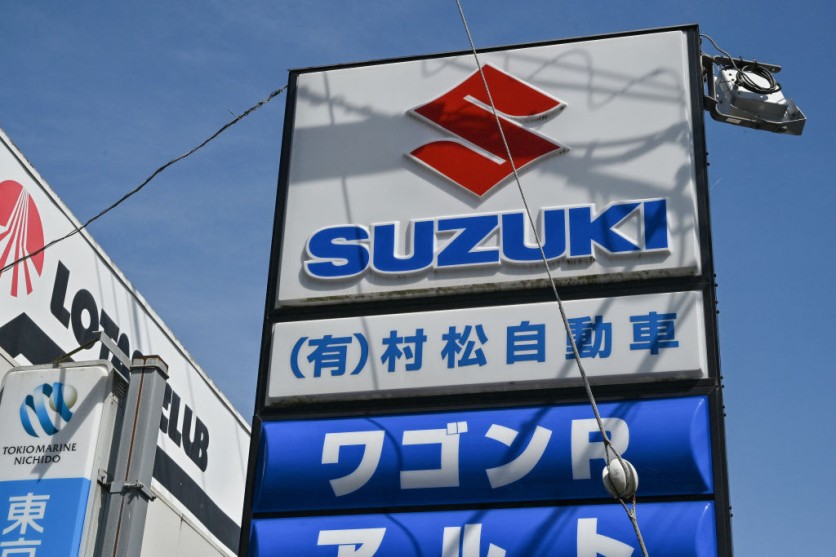Suzuki Motor will collaborate with Nagoya startup Tier IV to develop minicar self-driving technology to address the demand from Japan's sparsely populated regions for tiny autonomous cars that can navigate tight roadways.
Nikkei Aisia reported Suzuki funded part of Tier IV's 8 billion yen ($50 million) capital raise to research and help carmakers implement autonomous drivng technologies. According to the deal, Tier IV will build an automated driving prototype utilizing Suzuki cars, which Suzuki will use to develop its next-generation models. To test Tier IV's technology, the two firms drove an automobile together in 2022.
Tier IV advocates Autoware, an open-source operating system for self-driving automobiles created by Nagoya University, the National Institute of Advanced Industrial Science and Technology, and others since 2015. Tier IV may work internationally to improve self-driving technology using open-source software that anyone can modify, as per the report.
Serving Japan's Aging Population
Japanese firms Yamaha and Isuzu have invested in Tier IV. Yamaha wants to use automatic driving in plant transport systems, whereas Isuzu intends to use it in buses. Tier IV and Suzuki will adapt the automatic driving system to rural, small roads and hills.
Suzuki sold 34% of new minicars in fiscal 2023, topping Daihatsu Motor for the first time in 18 years. Minicars, or kei cars, are Japanese vehicles with 660 cubic centimeter engines or less.
Due to cheaper taxes and insurance costs, they account for 40% of Japanese new-car sales. Suzuki wants to help rural seniors stay mobile using autonomous technology as Japan's population ages.
Suzuki's R&D investment for the year ended March 31 was 234.2 billion yen, compared to Honda Motor's 964.6 billion and Nissan Motor's 609.9 billion. Suzuki might save on development expenses by using open-source autonomous driving technologies.
Notably, Suzuki invested in Glydways, a US robocar network company, in May to expand its self-driving vehicle capabilities.
Because of their worldwide manufacturing presence, Japanese automakers can benefit from this North American EV possibility as Chinese EV manufacturers are struggling to grow worldwide due to U.S. tariffs and security concerns, creating an opportunity for Western-friendly enterprises, according to The Japan Times.

Japanese to Phase Out Gas-Powered Vehicles by 2035 But Needs to Address Key Issues
Meanwhile, Kyushu University researchers determined that Japan's present strategy of banning new gas vehicles by 2035 and shifting to hybrids and electric cars may not be enough to cut CO2 emissions and meet decarbonization goals. They found that this measure may temporarily boost emissions, according to ScienceDaily.
The research team, chaired by Kyushu University's Faculty of Economics Professor Shigemi Kagawa, stresses that the Japanese government must enhance sustainable energy generation, decarbonize industries, and lengthen vehicle lifespans in addition to the vehicle ban.
Japan plans to phase out fossil fuel-powered cars by 2035 and move to EVs, HVs, and FCVs to tackle climate change. In his Journal of Cleaner Production study, Professor Kagawa contends that this approach alone may not satisfy Japan's decarbonization targets, as per the report.
Decarbonizing the supply chain, boosting Japan's energy mix, and prolonging vehicle lifespans were among the concerns that needed to be addressed as building an automobile uses plenty of energy. Kagawa says mining, processing, transportation, and manufacturing produce CO2.
Kagawa noted that EV production "emits 1.5 to 2 times more than gas cars," thus expanded EV manufacturing will not bring down emissions "without supply chain decarbonization."
Experts also pointed out that adding renewable energy to Japan's energy mix is crucial to the measure. The country's 2020 energy mix was 76% fossil fuels and 20% renewables. The existing energy mix would result in significant fossil fuel emissions even if all EVs were switched on.
The findings indicate that Japan must holistically address energy production and supply chain decarbonization to achieve its decarbonization goals.
Related Article : Tesla to Carry Out Full Self-Driving Trial Tests in China as It Continues to Expand Investments There


![Apple Watch Series 10 [GPS 42mm]](https://d.techtimes.com/en/full/453899/apple-watch-series-10-gps-42mm.jpg?w=184&h=103&f=9fb3c2ea2db928c663d1d2eadbcb3e52)


